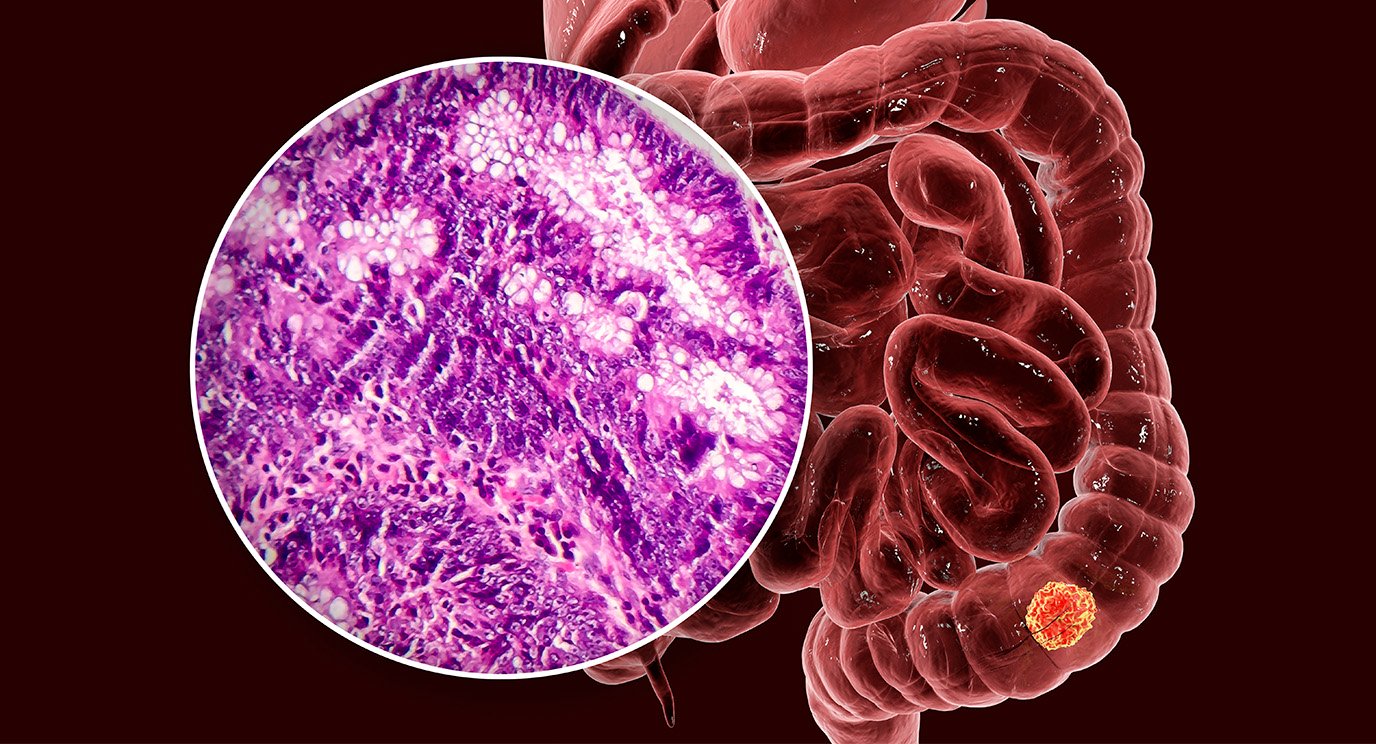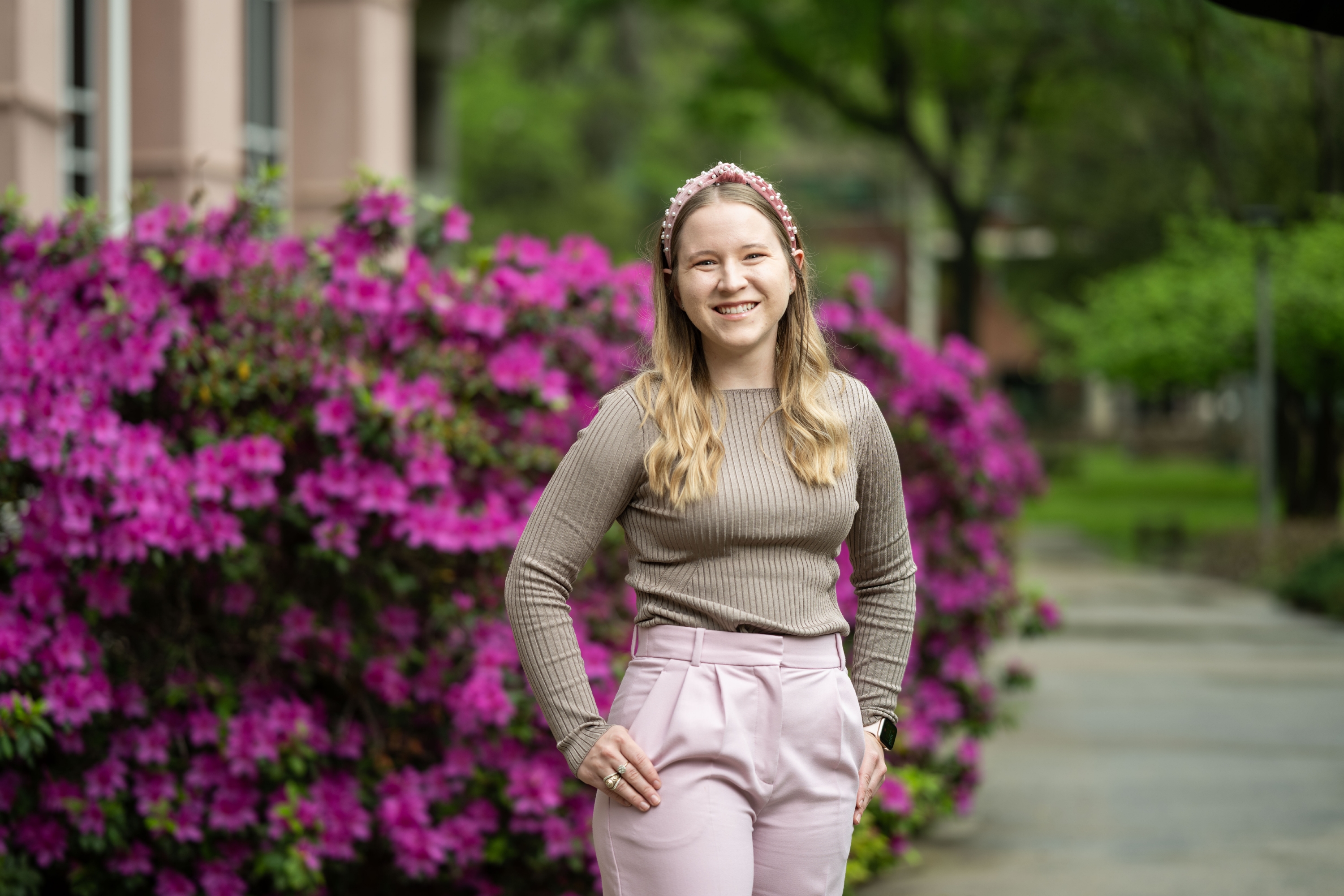- Diseases
- Acoustic Neuroma (14)
- Adrenal Gland Tumor (24)
- Anal Cancer (66)
- Anemia (2)
- Appendix Cancer (16)
- Bile Duct Cancer (28)
- Bladder Cancer (68)
- Brain Metastases (28)
- Brain Tumor (230)
- Breast Cancer (716)
- Breast Implant-Associated Anaplastic Large Cell Lymphoma (2)
- Cancer of Unknown Primary (4)
- Carcinoid Tumor (8)
- Cervical Cancer (154)
- Colon Cancer (164)
- Colorectal Cancer (110)
- Endocrine Tumor (4)
- Esophageal Cancer (42)
- Eye Cancer (36)
- Fallopian Tube Cancer (6)
- Germ Cell Tumor (4)
- Gestational Trophoblastic Disease (2)
- Head and Neck Cancer (6)
- Kidney Cancer (124)
- Leukemia (344)
- Liver Cancer (50)
- Lung Cancer (288)
- Lymphoma (284)
- Mesothelioma (14)
- Metastasis (30)
- Multiple Myeloma (98)
- Myelodysplastic Syndrome (60)
- Myeloproliferative Neoplasm (4)
- Neuroendocrine Tumors (16)
- Oral Cancer (100)
- Ovarian Cancer (170)
- Pancreatic Cancer (166)
- Parathyroid Disease (2)
- Penile Cancer (14)
- Pituitary Tumor (6)
- Prostate Cancer (144)
- Rectal Cancer (58)
- Renal Medullary Carcinoma (6)
- Salivary Gland Cancer (14)
- Sarcoma (236)
- Skin Cancer (294)
- Skull Base Tumors (56)
- Spinal Tumor (12)
- Stomach Cancer (60)
- Testicular Cancer (28)
- Throat Cancer (90)
- Thymoma (6)
- Thyroid Cancer (98)
- Tonsil Cancer (30)
- Uterine Cancer (78)
- Vaginal Cancer (14)
- Vulvar Cancer (18)
- Cancer Topic
- Adolescent and Young Adult Cancer Issues (20)
- Advance Care Planning (10)
- Biostatistics (2)
- Blood Donation (18)
- Bone Health (8)
- COVID-19 (362)
- Cancer Recurrence (120)
- Childhood Cancer Issues (120)
- Clinical Trials (624)
- Complementary Integrative Medicine (24)
- Cytogenetics (2)
- DNA Methylation (4)
- Diagnosis (230)
- Epigenetics (6)
- Fertility (62)
- Follow-up Guidelines (2)
- Health Disparities (14)
- Hereditary Cancer Syndromes (122)
- Immunology (18)
- Li-Fraumeni Syndrome (8)
- Mental Health (118)
- Molecular Diagnostics (8)
- Pain Management (62)
- Palliative Care (8)
- Pathology (10)
- Physical Therapy (18)
- Pregnancy (18)
- Prevention (892)
- Research (390)
- Second Opinion (74)
- Sexuality (16)
- Side Effects (604)
- Sleep Disorders (10)
- Stem Cell Transplantation Cellular Therapy (216)
- Support (404)
- Survivorship (322)
- Symptoms (184)
- Treatment (1772)
CLL patient experiences "life the way it's supposed to be"
BY Miriam Smith
2 minute read | Published October 23, 2013
Medically Reviewed | Last reviewed by an MD Anderson Cancer Center medical professional on October 23, 2013
Marion Meyer was told she had just three years to live when doctors diagnosed her with an aggressive form of chronic lymphocytic leukemia (CLL) in 2002. But she had three children and seven grandchildren, and, at age 59, she wasn't ready to die.
Marion vowed to get a second opinion, no matter how far she'd have to travel.
The former biochemist wanted to receive CLL treatment from the doctor who had done the most research on her disease, and that -- as she learned through her research -- was Michael Keating, M.D., professor in Leukemia and co-leader of the CLL Moon Shot at MD Anderson.
Undergoing CLL treatment at MD Anderson
"Dr. Keating gave me a big bear hug the first time I saw him," Marion recalls. "He told me 80% of my bone marrow was diseased, and if it was his wife, he'd recommend she start tomorrow. I never questioned him."
After Marion underwent chemotherapy, her doctors began the difficult task of finding a bone marrow donor so she could undergo a bone marrow transplant. When her donor ended up becoming pregnant, the date of her transplant was pushed back a year.
When Marion underwent her bone marrow transplant in 2005, she had to stay in the hospital for 30 days. She learned to paint to keep herself occupied. She gave her very first painting of a wine bottle in a vineyard to Dr. Keating. That painting now hangs in his office.
After her bone marrow transplant, Marion's cancer returned a few times. But Dr. Keating never let her lose faith.
"He'd say, 'Don't worry, Marion. We're on top of this. We have something else for you to try,'" she recalls. "'Hope' doesn't begin to describe MD Anderson. It's too simplistic. This is your life. I knew my team would never give up on me, and that assured me I was in the best place possible."
A new lease on life
More than a decade after her CLL diagnosis, Marion feels great. For the last 18 months, she's been on a clinical trial for Ibrutinib, a drug that's proved to be more effective with fewer side effects than previously established CLL treatments. Though her cancer isn't cured, Ibrutinib helps keep her CLL at bay.
"I take one pill a day, and I'm experiencing life the way it's supposed to be," Marion says. She now plays golf, paints and travels to her native Germany with her grandchildren. None of this, she says, would be possible without MD Anderson.
"I chose MD Anderson because life is worth the distance," Marion says. "When you're diagnosed with cancer, you have one shot to do the best you can."
CLL is one of the cancers MD Anderson is focusing on as part of our Moon Shots Program to dramatically reduce cancer deaths. Learn more about our CLL Moon Shot.
Related Cancerwise Stories

'Hope' doesn't begin to describe MD Anderson. It's too simplistic. This is your life. I knew my team would never give up on me.
Marion Meyer
Survivor





